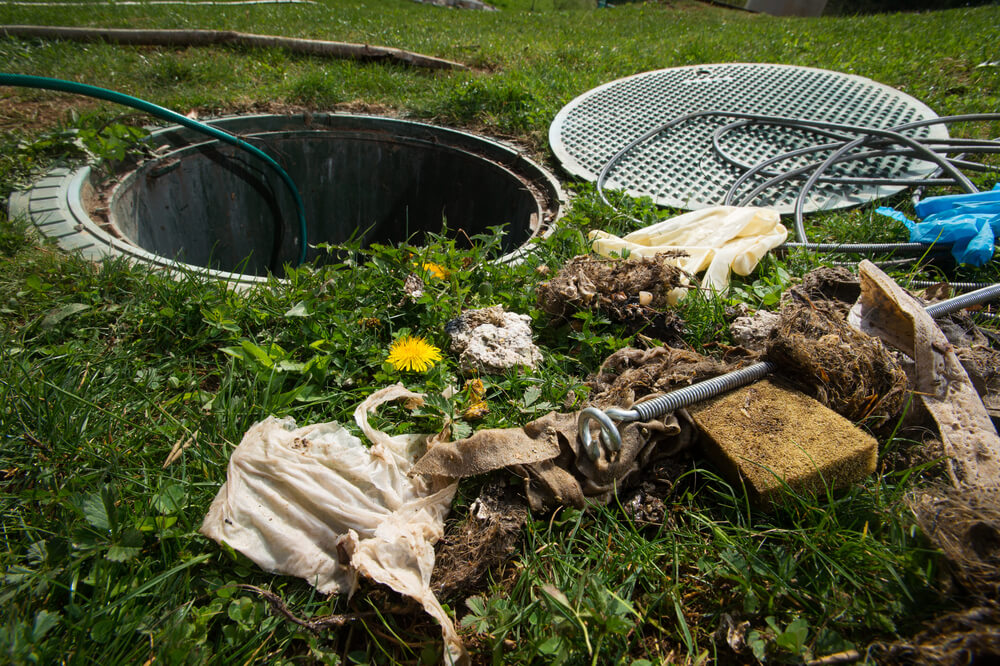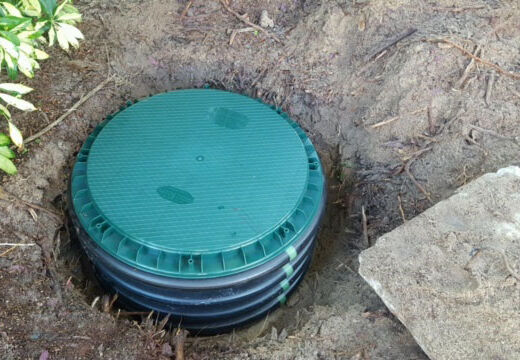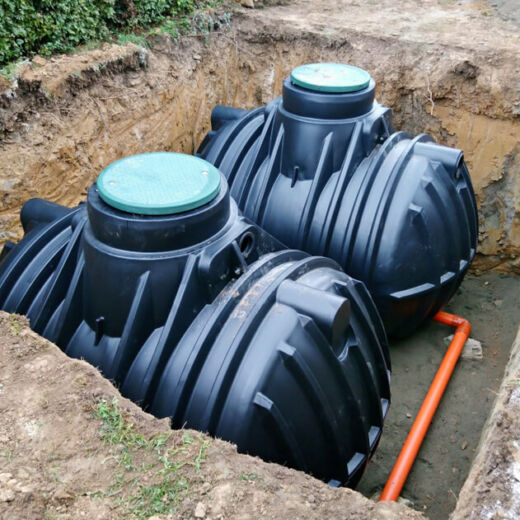A septic system is an essential component of any property not connected to a municipal sewage system. While these systems are generally reliable, they can occasionally experience issues that require emergency septic services. Recognizing the signs of a septic system emergency and knowing what steps to take can help prevent costly septic system repairs and protect your property’s environment.
What Can Cause Septic System Emergencies?
Septic system emergencies can arise from a variety of factors, often stemming from a lack of proper maintenance and care. One common cause is the accumulation of solid waste and sludge within the septic tank over time. When regular pumping and cleaning are neglected, these materials can build up to levels that impede the system’s ability to function properly. This can lead to blockages, backups, and even overflow into the drain field, causing significant damage and potential health hazards.
Additionally, flushing non-biodegradable materials into the septic system can lead to emergencies. Items such as paper towels, sanitary products, chemicals, and grease should never be flushed down drains or toilets, as they can clog pipes and inhibit the natural decomposition process within the tank. Chemicals, in particular, can disrupt the balance of beneficial bacteria crucial for breaking down waste.
When these issues are left unaddressed, they can escalate into full-blown emergencies, necessitating costly repairs or even system replacement.
Common Septic System Emergencies
While an issue with your septic system is undoubtedly a cause for concern, it’s important to know that not all problems are emergencies. It’s also crucial to understand what is considered a septic system emergency so you can take swift action. Some of the most common septic system emergencies are:
Backups and Slow-Draining Fixtures
- Signs – When toilets, sinks, or showers start to drain at a sluggish pace or exhibit difficulty in emptying, it’s a clear indication that something is amiss within the septic system. In more severe cases, sewage might even start backing up into the house, posing a serious health hazard and indicating a significant issue with the system’s functionality.
- Causes – This can be attributed to a range of factors. Clogs within the pipes leading to the septic tank can obstruct the flow of wastewater, impeding the drainage process. Overflows in the septic tank due to lack of pumping or an excessive influx of water can also lead to this problem. Additionally, issues with the tank itself or the drain field, such as damage or saturation, can contribute to slow drainage or backups, necessitating immediate attention from a professional.
Foul Odours
- Signs – Unpleasant and strong odours emanating from the vicinity of the septic system are a clear indication that there’s a problem. This could be noticeable in the yard, around the tank, or even within the house if the issue is severe enough.
- Causes – The occurrence of foul odours can be traced back to several potential causes. An overfilled septic tank, where solids and scum have reached a critical level, may produce noxious fumes. Leaks in the tank or pipes can allow these gases to escape. Furthermore, if the septic system is damaged or compromised in any way, it can lead to the release of unpleasant smells into the surrounding environment, indicating the need for immediate attention.
Soggy Lawn or Standing Water
- Signs – An excessively lush and wet lawn or the presence of standing water around the drain field area are visual cues that the septic system may be encountering difficulties. This is a concerning sign as it suggests that the system is not effectively absorbing and dispersing wastewater.
- Causes – There are several potential reasons for this issue. Overloading the system, often due to excessive water usage or a sudden influx of water from activities like laundry or heavy rain, can overwhelm the septic system’s capacity to handle it. A malfunctioning septic tank that fails to separate solids and liquids properly or clogged drain field pipes that inhibit water absorption can also lead to a soggy lawn or standing water, necessitating prompt professional intervention.
Unusual Sounds
- Signs – Gurgling or bubbling sounds emanating from drains can be a sign that something is going on within the plumbing system. You might hear these sounds when using the sink or toilets.
- Causes – Unusual sounds in the plumbing system are often a sign of a blockage or backup. When wastewater encounters an obstruction, it can create air pockets that result in gurgling or bubbling sounds as it tries to flow through the pipes. Identifying and addressing the underlying cause of these sounds is crucial to prevent further complications within the septic system.
What to Do When You Suspect a Septic System Emergency
First and foremost, stop water usage immediately and inform other residents in the home. Reducing water usage at the first sign of a septic system emergency prevents further strain on the system. Next, call your local septic system service provider and be sure to:
- Keep people and pets away from the affected area to avoid potential health hazards.
- If possible, identify the source of the emergency. This information can be crucial for the technician.
- Take pictures or make notes of any visible signs of the emergency. This can be valuable information for the technician.
- Listen to the recommendations of the professional. They may suggest solutions like pumping the tank or repairing damaged components.
Preventing Future Emergencies
By scheduling routine inspections and addressing potential issues early on, you can prevent minor concerns from escalating into major problems. It’s equally crucial to be mindful of your water usage; spreading out activities like laundry and showers, and avoiding excess water consumption, helps prevent overloading the system. Proper waste disposal is a simple yet critical practice; refraining from flushing non-biodegradable items down the toilet goes a long way in preventing clogs.
Remember, a well-maintained septic system not only safeguards your property but also contributes to a healthier environment.




